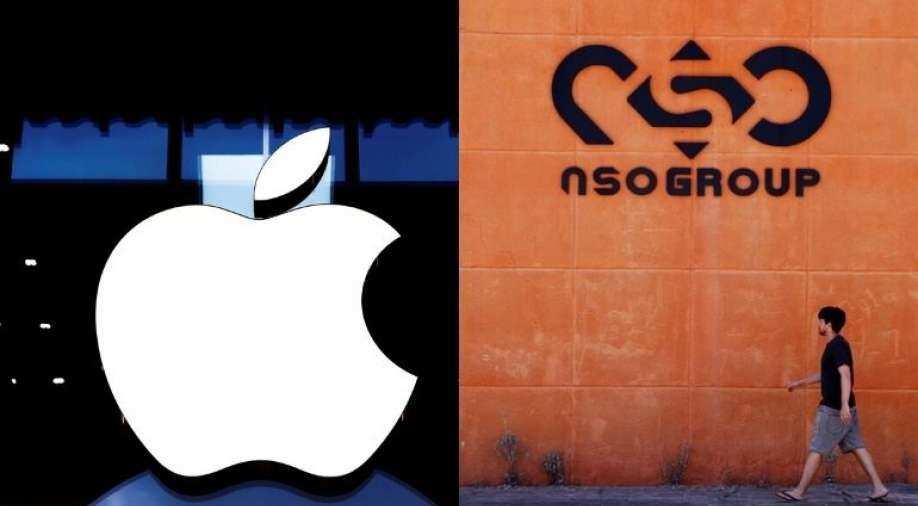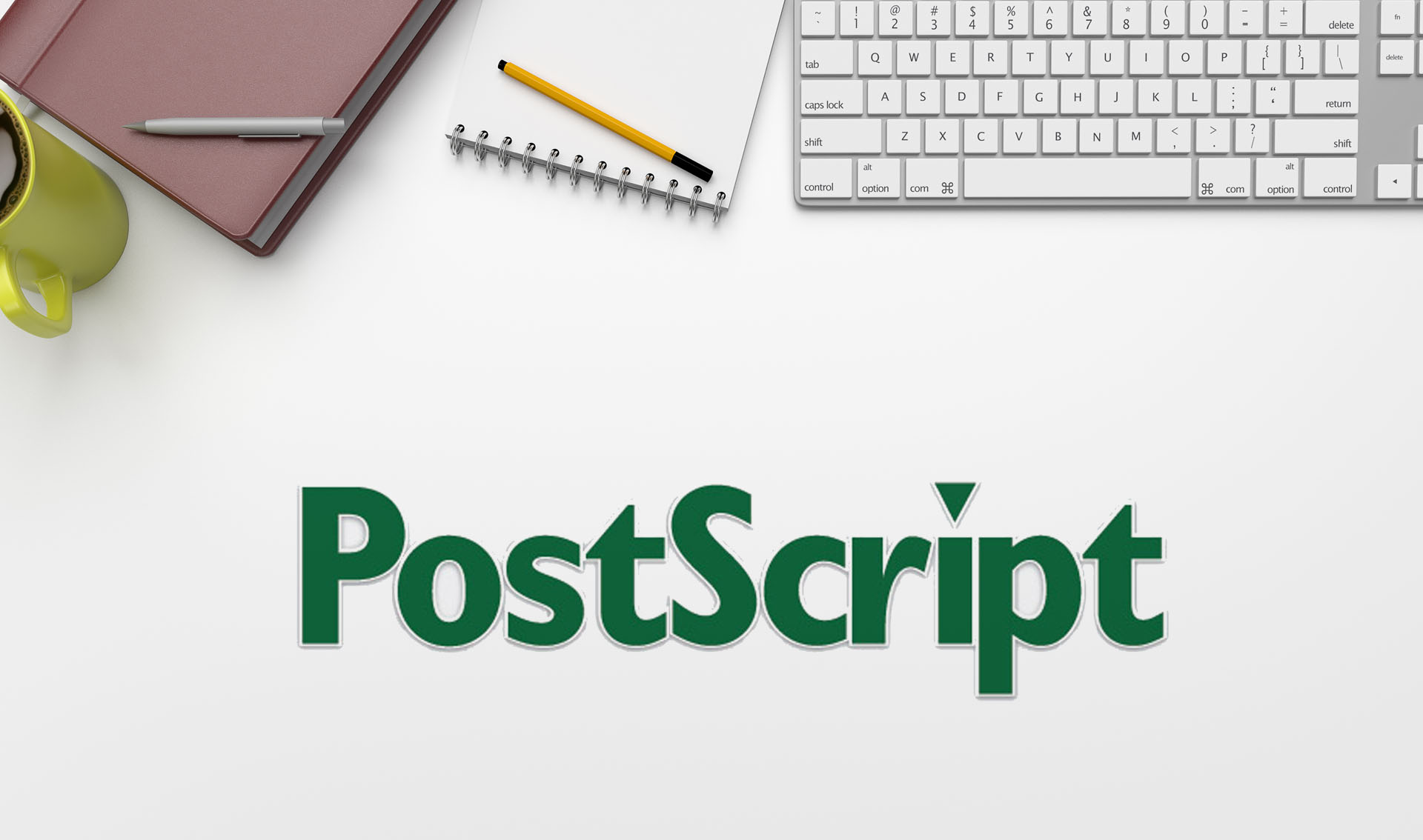Apple said there’s “too significant a risk” of exposing the anti-exploit work needed to fend off the very adversaries involved in the case.
17 September 2024 — Oh, we have seen this so, so many times when we follow litigation. This is certainly the problem with a lawsuit like this: you don’t trust the other side to play by the rules – and you’re suing them because they didn’t play by the rules. And the bit in the following story about “unidentified officials in Israel” taking action to avoid producing information during discovery will certainly get knowing nods from our eDiscovery readers. In the recent opioid litigations, the VW emissions litigations, the Google antitrust cases, and so many more, the defendants cleverly – and not so cleverly – scrubbed their data silos using eDiscovery software before turning over the requested *evidence*.
Here is the full story on the Apple/NSO imbroglio via Security Week:
Apple has abruptly withdrawn its lawsuit against NSO Group, citing increased risk that the legal battle might unintentionally reveal sensitive vulnerability data and difficulties in acquiring essential information from the spyware vendor.
In a court filing last Friday, Apple said continuing the lawsuit now poses “too significant a risk” of exposing the anti-exploitation and threat intelligence efforts needed to fend off the very adversaries involved in the legal dispute.
“When it filed this lawsuit nearly three years ago, Apple recognized that it would involve sharing information with third parties. However, developments since then have reshaped the risk landscape associated with sharing such information,” the Cupertino device maker said.
“Apple knows and appreciates that this Court would take the utmost care with the sensitive information relevant to this case. But it is also aware that — now more than ever — predatory spyware companies, including those not before this Court, will use any means to obtain this information,” the company added.
“Any disclosure, even under the most stringent controls, puts this information at risk. Due to the developments since this suit was filed, proceeding forward at this time would now present too significant a risk to Apple’s threat-intelligence program.”
The case, originally filed in 2021 in the U.S. District Court for the Northern District of California, sought to hold NSO Group accountable for hacking into Apple’s iOS platforms with so-called zero-click exploits to spy on researchers, journalists, activists, dissidents, academics, and government officials.
Apple and WhatApp maker Meta have accused NSO Group of creating “sophisticated, state-sponsored surveillance technology that allows its highly targeted spyware to surveil its victims” and moved to the US courts to ban the company from using its software, services or devices.
On Friday, Apple also cited concerns that NSO Group and unidentified officials in Israel may have taken actions to avoid producing information during discovery. “This means that going forward with this case will potentially involve disclosure to third parties of the information Apple uses to defeat spyware while Defendants and others create significant obstacles to obtaining an effective remedy,” the company said.
Apple also pointed to shifting dynamics in the commercial spyware industry and cautioned that even a legal victory might have limited impact on the broader surveillance software landscape.
“Defendants have been partly supplanted by numerous other spyware companies, dispersing threats that were once concentrated in a single powerful actor; consequently, even a complete victory in this suit would not have the same impact as in 2021, as other unaffiliated spyware companies would remain unaffected and could continue their destructive tactics,” the company added.
Meta-owned WhatsApp has also sued NSO Group, accusing the controversial company of using its messaging service to conduct cyber espionage on journalists, human rights activists and others.
But that case is also being stymied. Last month the federal judge presiding over that long-running court battle denied a WhatsApp appeal to allow it to depose additional witnesses in Israel and subject them to turn over documents in discovery – the key witnesses that could give a full picture of the hacks or how the Pegasus software is sold and deployed.
That decision is significant because it followed revelations that the Israeli government sought to influence the case by seizing all of the NSO Group’s critical documents, and issuing a gag order to prevent Israeli press coverage of the seizure and editing court filings produced by the spyware purveyor.
In denying the WhatsApp request, Northern California federal judge Phyllis Hamilton said the three current executives NSO Group selected to testify are “sufficient sources of information” on the company’s practices relating to its Pegasus product.
WhatsApp countered with:
NSO claims, without support, that the three current executives that it has hand-selected for depositions possess such vast knowledge about NSO’s attack on WhatsApp’s servers and its users that the depositions of the additional NSO witnesses would be duplicative.
NSO’s initial disclosures showed that certain of the NSO witnesses know about the topics that Plaintiffs seek to explore during depositions, and that the three current executives that NSO now offers for depositions do not.
Cyber experts following the case and knowing NSO operations say the witnesses proffered by NSO cannot give a full picture of the hacks or how Pegasus is sold and deployed.
Game . Set . Match.
Ah, the *justice* system.


